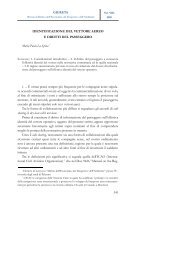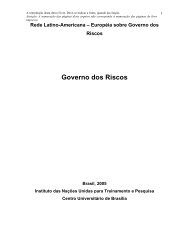YEARS OF EUROPEAN ONLINE ANNÉES DE EN LIGNE ...
YEARS OF EUROPEAN ONLINE ANNÉES DE EN LIGNE ...
YEARS OF EUROPEAN ONLINE ANNÉES DE EN LIGNE ...
Create successful ePaper yourself
Turn your PDF publications into a flip-book with our unique Google optimized e-Paper software.
It is a dificult task to predict the future of EU law, especially EU law online.<br />
I would like to discuss two visions of the future — technical and human.<br />
technology changes, but we humans don’t change. technological progress<br />
has been rapid. As recently as 11 years ago we were not able to use CELEX on<br />
the Internet — I am sure that only a few of you know that CELEX was irst<br />
available via the finnish legal data bank finlex in march 1996! therefore we<br />
can also celebrate today the irst 10 years of CELEX on the Internet.<br />
what will we have in the next 10 years, in 2016? we will probably still be<br />
using EUR-Lex, but we will not necessarily notice that it is EUR-Lex. It will be<br />
a built-in service inside a number of technical tools — all kinds of pods, mobile<br />
toys, word processors and microchips. It is certain that the future of EU law is<br />
e-law — e-law meaning law which is electronic, eficient, ergonomic and<br />
European law. the Official Journal of the European Union will probably be an authentic<br />
electronic journal in 2016, with some paper copies distributed to the<br />
member States.<br />
In 2016, EU law will certainly be more connected to national law. from<br />
the current N-Lex service, giving access to national law in a single portal, we<br />
are moving towards a new legal information network in Europe. this kind of<br />
LINE network gives access not only to law, but also to judgments of national<br />
courts, preparatory acts and legal literature in the member States. E-law will<br />
coexist with e-justice.<br />
what is the human vision? Access to law and transparency in decisionmaking<br />
will be as important as they are today. It is not only getting the texts of<br />
documents but also understanding the contents of the document. Access to<br />
various preparatory documents of EU institutions will be of utmost importance.<br />
the public document registers of the EU institutions serve as a starting<br />
point for further development.<br />
In 2016, citizens and professional users will have easy access to consolidated<br />
texts of legislation. the consolidated, that is updated, texts of original<br />
acts are the most usable texts for all users of legal information — for citizens,<br />
public authorities and the practitioners of law. the original text of any 33-yearold<br />
directive is nothing without the amendments incorporated into it. we already<br />
have access to a large number of consolidated acts today, but by 2016<br />
the coverage will be 100 %.<br />
Understanding is based on language. today we have EU law in 20 languages,<br />
and in two months’ time this will be 23 languages. the multicultural<br />
challenge to all of us is the transformation of the compromised legal language<br />
(some call it Eurospeak) into the language of the citizens. the Austrian phi-<br />
01_2007_5222_txt_ML.indd 44 6-12-2007 15:13:21



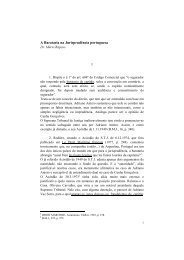
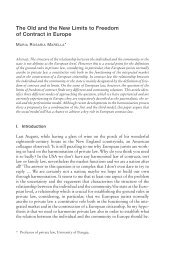

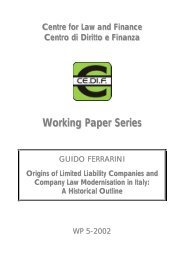
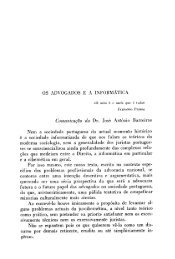
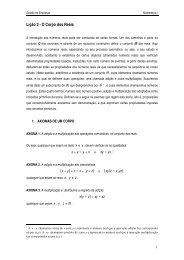
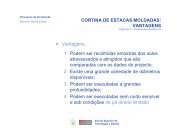
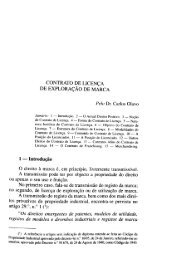
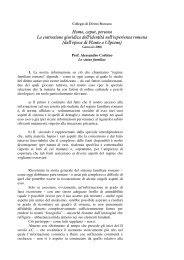
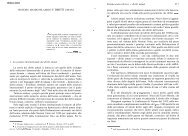

![Luigi Sapio Nozione di islām La parola “islām” [ ] è il mas.dar1 ...](https://img.yumpu.com/15836073/1/185x260/luigi-sapio-nozione-di-islam-la-parola-islam-e-il-masdar1-.jpg?quality=85)
